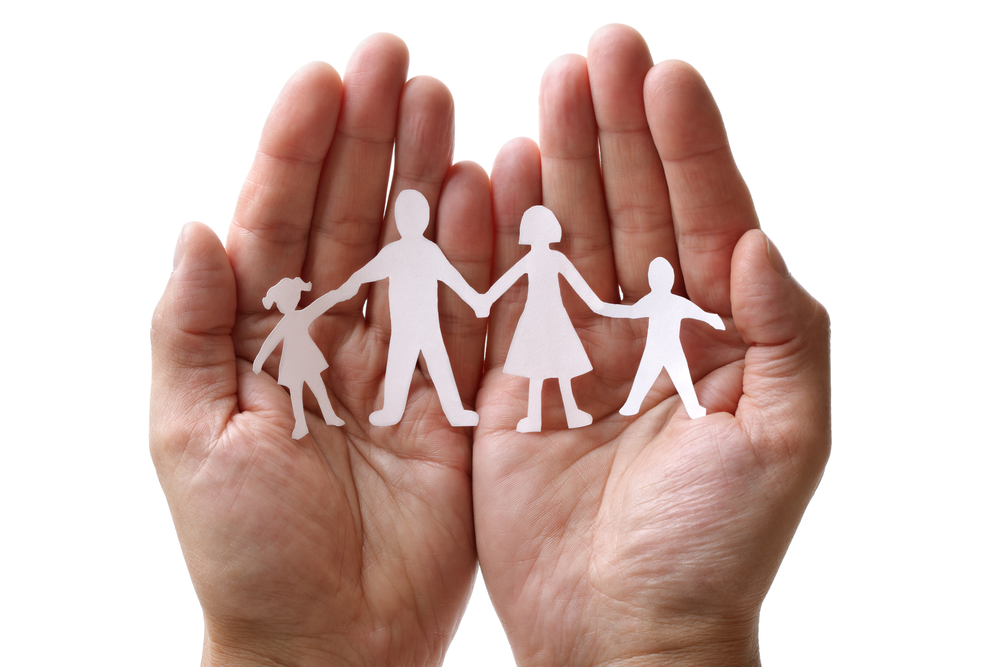
How Will Fostering Affect My Biological Children?
March 22, 2019
How To Make Your Foster Child’s Bedroom A Happy Place To Be
April 5, 2019Part of the job of a foster parent is to ensure that court-ordered visits with biological parents run smoothly. Doing so allows the foster child to maintain a bond with their biological family while temporarily living away from home. Here are a few tips for helping foster children before and after a visitation.
Emotionally prepare your foster child.
A visit from your foster child’s parents is a disruption to the child’s normal schedule and may bring on feelings of trauma, worry, or stress. Help your child emotionally prepare for the visit beforehand. Write the visitation date on a visible calendar so that the foster child can know when to expect the visit. Talk with them openly about their feelings on seeing their biological parents again. Remind them that you will be there after the biological parents leave.
Schedule visits with your foster in mind.
Insist that your foster child’s biological parents visit around the child’s schedule. Make sure not to disrupt school or after-school activities. This will help to avoid the additional stress of missing class assignments and altering their regular routine. Pick a time that works for your foster child, such as a weekend afternoon when they don’t have anything else going on. This way, if they get emotional, they have time to process their feelings in private rather than when they return to school.
Get ready before the big day.
A young child may benefit from taking a transitional object for comfort, such as a favorite stuffed animal that you gave them. Help them draw a picture or create a small gift to give to their biological parents. This is a great way to maintain peace between you and the biological family as well. Help your foster child prepare their clothing the night before so that things go as smooth as possible the day of the meeting.
Know what to expect when the visit is over.
After the visitation, realize that your foster child may have difficulty transitioning back to your home. They may be upset that they can’t leave with their biological family. They may be emotionally drained from the experience of seeing the birth mother or father again. They may also feel hurt or rejected, especially if the biological parent displays a lack of warmth toward the child. Your foster child may also experience feelings of past trauma all over again. The important thing is to both comfort your foster child and give them the proper space needed to decompress after the visit.
A foster child needs visits with their biological parents to maintain contact and a connection throughout the fostering process. Help them to prepare by talking out the situation beforehand. Once the visit is over, stand by your foster child’s side while giving them the space they may need afterward. Your foster child may not recognize your efforts right away, but someday they will look back and value your patience and understanding through the fostering process. While not every visit is perfect, know that you are doing amazing work by simply supporting a foster child in need.
Every child needs and deserves to grow up safe and protected from abuse and neglect, and caring foster parents offer children support and stability when they need it most. At Camelot Care Centers, we specialize in higher-level foster care for children and adolescents that need extra support. We partner with our foster parents/homes to provide trauma informed care and additional services, including in-home counseling, parent support and training, tele-psychiatry, and therapeutic mentoring, to maintain children at the least restrictive, yet most appropriate level of care. Camelot Care Centers (“Camelot”) is a Child Welfare Agency licensed by the State of Illinois, a member of the Illinois Collaboration on Youth (ICOY), and is accredited by the Council on Accreditation (COA).




